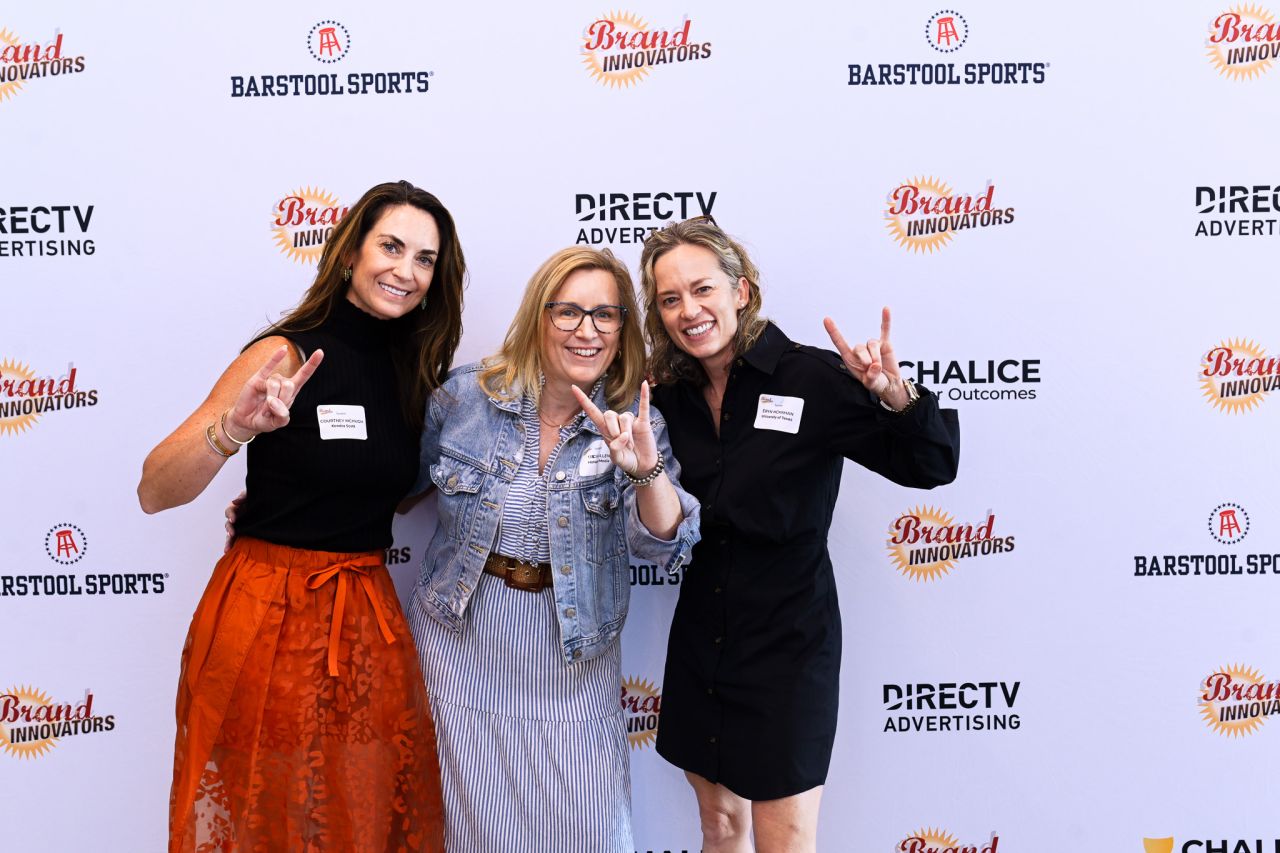Amazon is rolling out the holiday shopping season 'earlier than ever'
TLDR
- Amazon is already kicking the holiday shopping season into high gear.
Brief
Amazon announced that it's unveiling "Black Friday-worthy deals earlier than ever” (via Amazon.com/epicdeals) with a new feature that allows Prime users to send gifts to friends with only a phone number and email address. Prime Day 2020 was one of Amazon’s most successful ever as 71% of US adults planned to buy gifts online. Gross merchandise sales worldwide increased by $3.23 billion from 2019 to $10.39 billion in 2020—the highest year-over-year increase since the event began in 2015. This year, instead of keeping its October date, Prime Day took place during the summer once again. But Amazon's early introduction of holiday shopping will likely help it reap the same benefits.
- Read the full article from eMarketer
Facebook Will No Longer Link A User’s Facebook And Instagram Accounts For Ad-Related Purposes Without An Opt-In
TLDR
- Starting on October 18, users who don’t explicitly link their Facebook and Instagram accounts in Facebook’s Accounts Center will be treated as two separate people.
Brief
The privacy-centric course correction could affect measurement and estimates for audience reach for advertisers. In the past, Facebook served ads across a user’s Facebook and Instagram accounts based on assumptions that linked one account to another. For example, if the same email address controlled a Facebook and Instagram account, the two would be linked internally and considered one user for ad planning and measurement purposes. Now only users who connect their main Facebook and Instagram accounts in Accounts Center as a single person will be considered the same user. Facebook said advertisers probably won’t experience too much of an impact on their campaign reach besides increases in pre-campaign estimates, including estimated audience size.
- Read the full article from AdExchanger
Share of search represents 83% of a brand’s market share, think tank finds
TLDR
- Share of search has been found to represent 83% of a brand’s market share, according to a recent study
Brief
The research, which was carried out across a range of sectors, countries and languages, shows the ratio between share of search and share of market does vary by category and market. Share of search is based on Google Trends search data and is defined by the number of searches a brand receives divided by the searches for all brands within a competitor set over a six to 12-month rolling period. The research shows the metric is dynamic, so when share of search changes, so does share of market. Meanwhile, mass reach media such as TV has been found to have a greater impact on share of search compared to more targeted channels. When communication is terminated, however, purchase frequency declines, but strong brands are in a better position to bounce back, although not to previous levels. The results are based on 30 case studies representing 12 categories across seven countries and refer to correlations, not causal relationships.
- Read the full article from MarketingWeek








